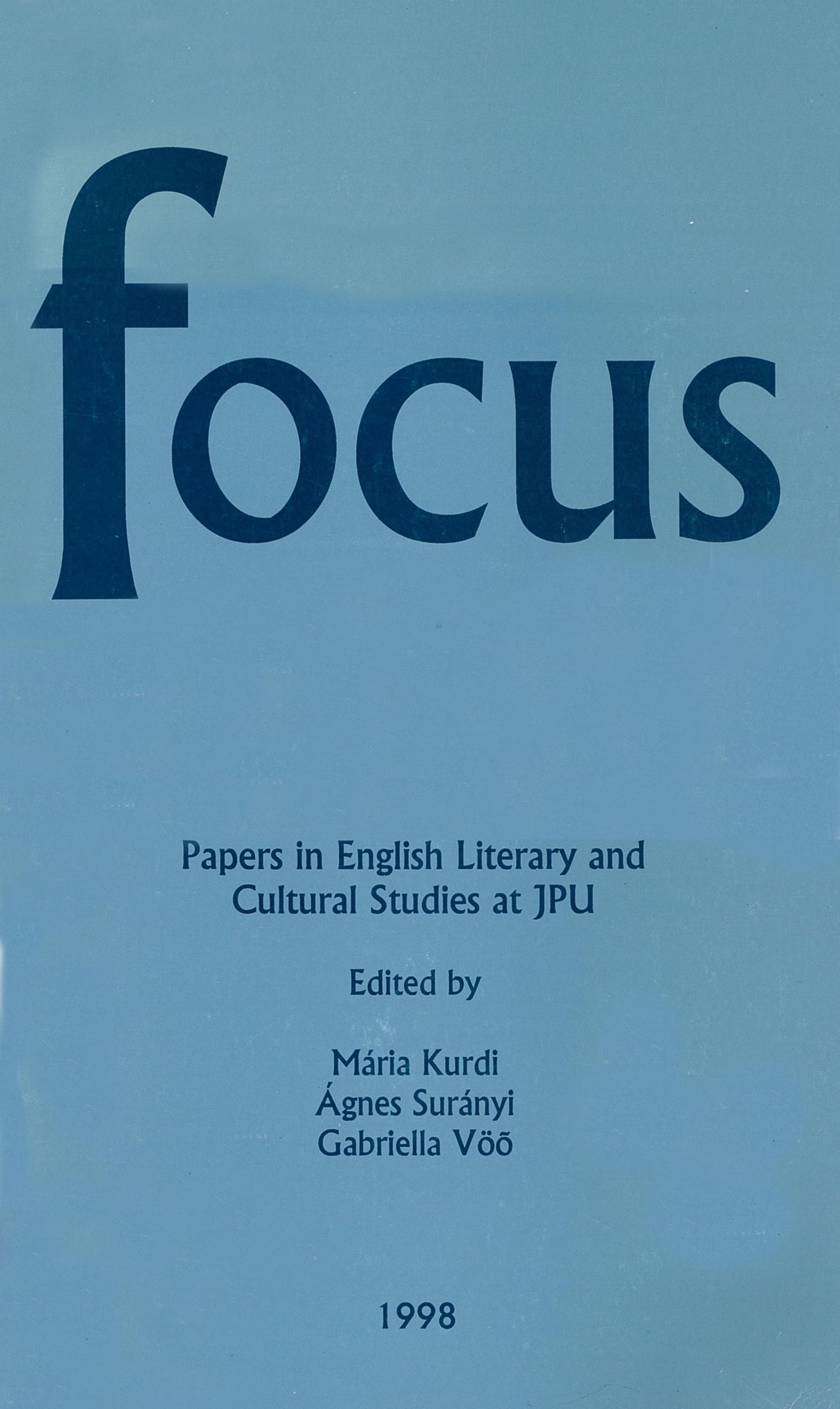Carnivalization in Poe's "The Man of the Crowd"
Abstract
The concept of carnival is commonly associated with Bakhtin, who used the historical, ideological aspects of carnivalistic folklore as a model for an understanding of the ambivalence of revolutionary epochs and their influence on literature. Bakhtin’s primary concern was how official aesthetic norms lapse and how the concept of text becomes problematised in serio-comical genres. These aesthetic considerations give reason to connect Bakhtin’s ideas with Nietzsche’s theory elaborated in The Birth of Tragedy. The links between Bakhtin and Nietzsche originate in the basis of their theories: carnival and Dionysia are different forms of the same process. Nietzsche used the notions of Apollonian and Dionysian as aesthetic abstractions. The Apollonian tendency can be associated with Bakhtin’s idea of the experience beyond carnival, both sharing the characteristics of orderliness and control, whereas the ambivalent, irrational carnival time is reconcilable with the Dionysian experience of contradiction and dissolution. Apart from the similarities, it is perhaps more instructive to point out the differences between Bakhtin’s and Nietzsche’s understanding of the carnival. In Bakhtin’s view, the carnival has strict temporal boundaries, it is not permeable with noncarnivalistic experience: “while carnival lasts, there is no life outside it” (Rabelais and His World 7). For Nietzsche, however, Dionysian and Apollonian tendencies are not strictly successive. He draws on a model of double ambivalence when he claims that the Dionysian experience, which is contradictory itself, can be synthesised with its opposite, the Apollonian. Arguably, rejection of this higher synthesis prevented Bakhtin from applying the mechanism of carnival directly to psychological issues. As soon as he reflects on the psyche, he cannot exclude this kind of synthesis. It was Vyacheslav Ivanov who pointed out the psychological significance of carnival. In his view, the irrational, contradictory rituals of carnival or Dionysos’ cult are projections of inner, emotional tensions. Ivanov thus completed Bakhtin’s and Nietzsche’s concept of historical and aesthetic carnival with a psychological aspect [1].
Downloads
Published
How to Cite
Issue
Section
License

This work is licensed under a Creative Commons Attribution-NonCommercial-NoDerivatives 4.0 International License.
FOCUS: Papers in English Literary and Cultural Studies follows the principles laid down by Creative Commons, which provides guarantees for the Author’s copyright while also ensuring that intellectual properties are made available for the wider public in a digital form. All papers submitted to the journal apply the following licence conditions (indicated on the journal’s website as well as in individual publications):
“© This work is licensed under a Creative Commons Attribution-NonCommercial-NoDerivatives 4.0 International License.”
You are free to:
- Share, copy and redistribute the material included in the journal in any medium or format under the following terms:
- Attribution — You must give appropriate credit to the Author, and indicate the original place of publication [FOCUS: Papers in English Literary and Cultural Studies, Issue nr., page numbers.].
- NonCommercial — You may not use the material for commercial purposes.
- NoDerivatives — You are not allowed to remix, transform, or build upon the material.
- The above conditions must always be indicated if the journal material is distributed in any form.
- The above conditions must always be met, unless a written permission signed by the Author and the Editor-in-Chief states otherwise.

